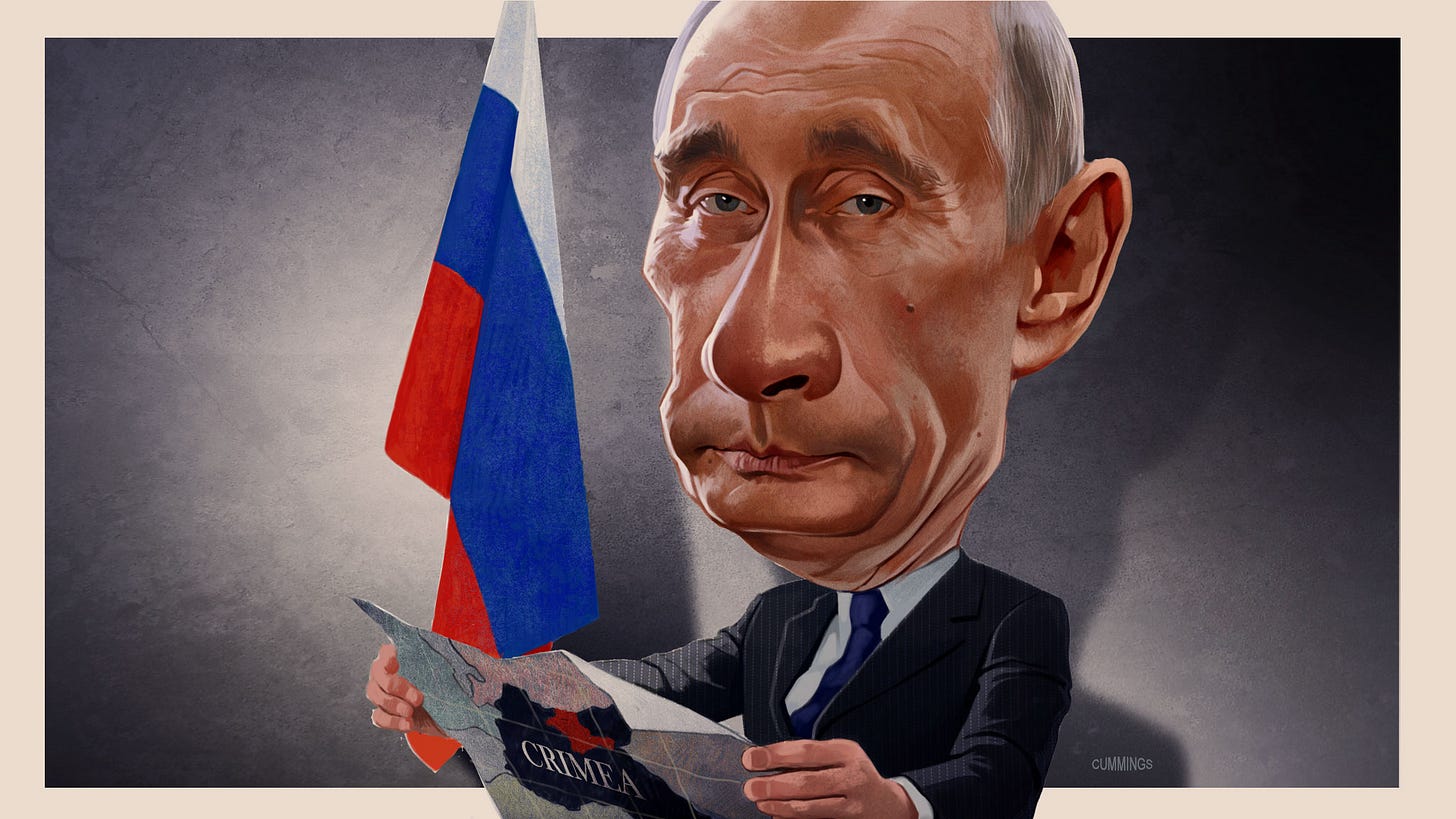Vladimir Putin’s Distrust of the West Comes From Very Far Away.
The most worrying thing is that it now seems unmovable.
When Vladimir Putin loudly demanded that the West pay for Russian gas in rubles, the second part of his speech went unnoticed. It was on March 31, 2022. The ambivalent words of the head of the Kremlin revealed his state of mind about the West.
“Not hatred, just contempt for this West that has frustrated him but that he wants to seduce”, slips a Russian l…
Keep reading with a 7-day free trial
Subscribe to Sylvain Saurel’s Newsletter to keep reading this post and get 7 days of free access to the full post archives.




